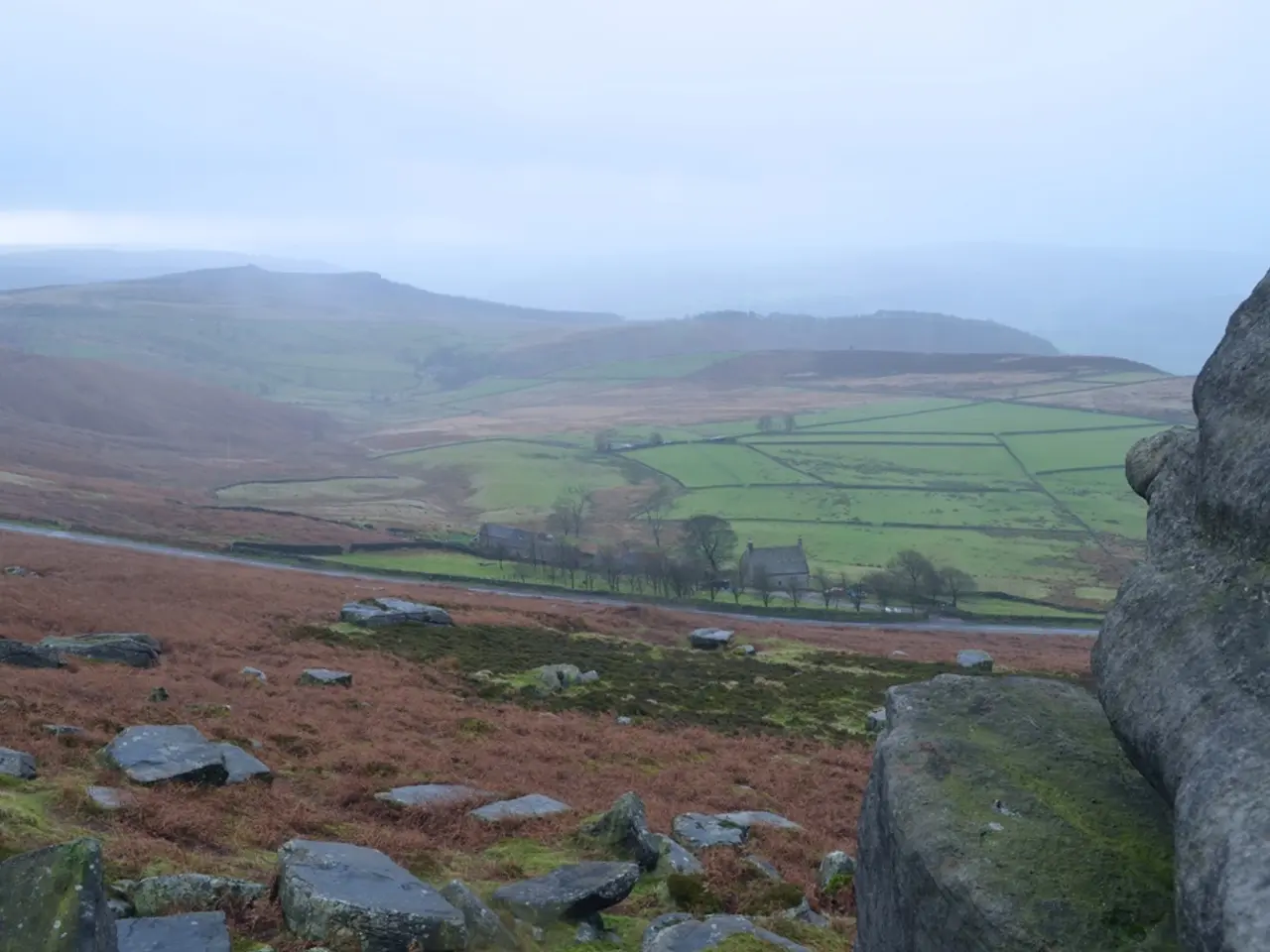Sochi offers a extensive network of 366 kilometers of nature trails and ecotropes for exploring its diverse and rich wilderness.
## Sochi's Ecotourism Boom: A Decade of Sustainable Growth
Sochi, Russia's renowned Black Sea resort city, has made a significant leap in embracing ecotourism, transforming its natural attractions into a pivotal part of its regional development. Over the past decade, Sochi has invested in expanding its ecotourism offerings, making it a model for sustainable tourism in Russia.
### Sochi National Park and the Caucasus Reserve
The expansion of Sochi's ecotourism scene is most evident in Sochi National Park and the Caucasus Reserve. The park, established in 1983, is one of Russia's largest national parks, covering over 1,900 square kilometres. It is a biodiversity hotspot, home to unique flora and fauna such as the Caucasian fir and endangered species like the Caucasian leopard.
Over the past ten years, Sochi National Park has developed over 10 ecological trails and one tourist route, amounting to 116 kilometres of well-marked paths. These trails cater to various skill levels, from easy nature walks to challenging mountain treks. Highlights include the Krasnopolyanskie dolmens, the Agurskoe Gorge, and the Zmeikovskie Waterfalls.
Meanwhile, the Caucasus Reserve, home to the popular tourist destinations like the routes to the "Dragon's Mouth" and "Milky" waterfalls, offers additional attractions for visitors. The "Goluboe" lake and the "Zmeikovskie Waterfalls" are prime examples of the Reserve's unique offerings.
### Mountain Cluster Resorts
The development of ecotourism in Sochi is not limited to national parks and reserves. The mountain cluster resorts of Rosa Khutor, Krasnaya Polyana, and Gazprom Polyana have also contributed to the region's ecotourism boom.
**Rosa Khutor Alpine Resort** Famous for hosting the 2014 Winter Olympics alpine events, Rosa Khutor has diversified its appeal by developing year-round ecotourism offerings beyond skiing. The resort has expanded its trail system with over 100 kilometres of paths designed for hiking and mountain biking, showcasing panoramic views of the Western Caucasus.
**Krasnaya Polyana** Krasnaya Polyana, a highland resort area adjacent to Sochi National Park, has developed eco-cultural tourism. New trails linking cultural sites, waterfalls, and natural reserves have been created, promoting immersive experiences that blend nature and culture.
**Gazprom Polyana Resort** Gazprom Polyana is a modern resort complex that combines hospitality with environmental consciousness. The resort offers well-maintained nature trails and cross-country skiing paths that respect local ecosystems, as well as facilities incorporating natural elements and promoting wellness.
### A Sustainable Future for Sochi
The growth in ecological tourism in Sochi has been significant, with 366 kilometres of natural trails and ecotours available in the summer season—a stark contrast to the 60 kilometres available a decade ago. This transformation not only preserves the unique ecosystems of the Western Caucasus but also creates a thriving eco-tourist economy.
Sergei Somko, deputy head of the administration, emphasized the importance of this growth, stating, "Ecotourism is a key part of our regional development strategy. By preserving our natural heritage, we are not only protecting the environment but also creating opportunities for sustainable economic growth."
With its commitment to sustainable development and the rich natural and cultural heritage of the region, Sochi sets a benchmark for other regions seeking to develop their ecotourism industries.
Science and lifestyle converge as Sochi, Russia's Black Sea resort city, embraces the principles of environmental science in its development of ecotourism. This sustainable growth, a decade in the making, offers travelers unique experiences that immerse them in the region's biodiversity and cultural heritage.




